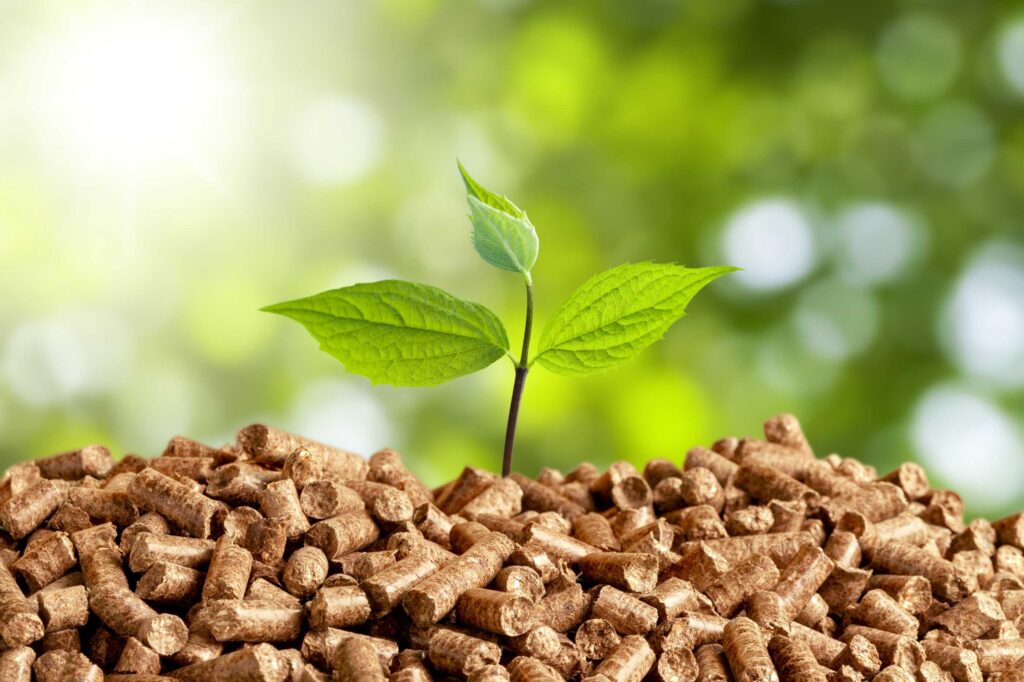Soil health is the foundation of sustainable agriculture, especially in regions like the UAE, where arid conditions and sandy soils pose unique challenges. Farmers and gardeners across the country are increasingly turning to natural soil enhancers to improve fertility and boost crop yields. Among these, humic acid uae and compost uae have emerged as vital tools for soil restoration. These organic amendments play a crucial role in enhancing soil structure, nutrient availability, and water retention, ultimately promoting healthier plants and sustainable farming practices.
Understanding Humic Acid and Its Role in Agriculture
Humic acid is a complex organic compound derived from the decomposition of plant and animal matter over time. It is one of the key components of humus, the dark, nutrient-rich layer of soil that naturally promotes plant growth. The benefits of humic acid extend far beyond simple fertilization. In the UAE, where soils often lack organic matter, incorporating humic acid can transform marginal soils into productive agricultural land.
Humic acid works by improving soil structure, which in turn enhances root penetration and aeration. Its unique molecular structure allows it to bind with soil particles, forming aggregates that prevent erosion and improve overall soil stability. For farmers, this means stronger, healthier plants capable of withstanding environmental stresses.
The Science Behind Humic Acid Benefits
The effectiveness of humic acid in soil improvement can be attributed to several mechanisms:
- Nutrient Retention and Release
Humic acid increases the cation exchange capacity (CEC) of soils. This means essential nutrients like nitrogen, phosphorus, and potassium are retained in the soil longer and released slowly, making them more available to plants. In nutrient-poor soils of the UAE, this feature is particularly valuable. - Enhanced Microbial Activity
Soil microorganisms play a critical role in nutrient cycling. Humic acid stimulates microbial growth, providing an ideal environment for beneficial bacteria and fungi. These microbes break down organic matter and release nutrients, which directly support plant health. - Improved Water Retention
Sandy soils, common in the UAE, drain quickly and hold limited moisture. Humic acid has a high water-holding capacity, which helps the soil retain moisture for longer periods. This is crucial for reducing irrigation frequency and conserving water in arid climates. - Soil pH Buffering
Many soils in the UAE tend to be alkaline, which can hinder nutrient availability. Humic acid helps buffer soil pH, creating a more balanced environment for plant growth. This allows plants to absorb nutrients more efficiently and reduces the risk of nutrient deficiencies.
Integrating Humic Acid with Compost
While humic acid is highly effective on its own, its benefits are amplified when combined with organic matter like compost uae. Compost not only adds essential nutrients to the soil but also provides a habitat for beneficial microorganisms. When humic acid and compost are used together, they create a synergistic effect that enhances soil fertility more than either amendment alone.
Compost contributes organic matter, improving soil texture and structure, while humic acid boosts nutrient availability and microbial activity. This combination is particularly useful in the UAE, where the harsh climate and low organic content in soils make traditional fertilization less effective. By using both amendments, farmers can achieve better plant growth, higher yields, and long-term soil health.
Practical Applications in the UAE
Farmers and gardeners in the UAE can apply humic acid and compost in several ways to maximize benefits:
- Soil Incorporation
Mixing humic acid directly into the soil before planting helps improve soil structure and nutrient availability. This method is particularly effective for new fields or areas with depleted soils. - Liquid Fertilization
Humic acid can be applied as a foliar spray or mixed with irrigation water. This allows for rapid absorption of nutrients and supports plant growth during critical stages such as flowering and fruiting. - Compost Enrichment
Adding humic acid to compost piles accelerates the decomposition process and increases the nutrient content of the final compost. This enriched compost can then be applied to fields, further enhancing soil fertility. - Greenhouse and Hydroponic Use
In controlled environments, humic acid can improve soil-less growing media, ensuring that plants receive a balanced supply of nutrients and water. This is increasingly relevant in the UAE, where greenhouse cultivation is expanding due to limited arable land.
Environmental and Economic Advantages
Beyond improving plant growth, humic acid and compost offer environmental benefits. By enhancing soil structure and fertility, they reduce the need for chemical fertilizers, which can leach into groundwater and cause pollution. Additionally, improved water retention reduces irrigation needs, conserving precious water resources in the arid UAE climate.
Economically, healthier soils lead to higher crop yields and better-quality produce. Farmers benefit from reduced input costs, as less synthetic fertilizer is required, and improved resilience to environmental stresses such as drought or salinity. This makes humic acid a cost-effective solution for sustainable agriculture.
Overcoming Soil Challenges in the UAE
The UAE presents unique soil challenges, including high salinity, sandy textures, and low organic matter. Humic acid directly addresses these issues:
- Salinity Management: Humic acid improves the soil’s ability to bind sodium ions, mitigating the negative effects of salt stress on plants.
- Sandy Soil Enhancement: By forming soil aggregates, humic acid helps sandy soils retain nutrients and water more effectively.
- Organic Matter Deficiency: Humic acid adds essential organic compounds that stimulate microbial activity and nutrient cycling, compensating for the lack of natural humus in arid soils.
These improvements contribute to more productive agricultural systems and support the UAE’s efforts to promote sustainable farming practices.
Choosing the Right Products
When selecting humic acid and compost products in the UAE, quality matters. High-quality humic acid should have a high content of fulvic acids and humic substances, which are the active components responsible for soil benefits. Similarly, compost should be well-decomposed, free from contaminants, and rich in nutrients.
Farmers should also consider the compatibility of humic acid with their existing fertilization and irrigation practices. Proper application rates, timing, and methods are crucial to achieve maximum benefits and avoid potential nutrient imbalances.
Wrapping Up
In conclusion, humic acid uae and compost uae play a transformative role in improving soil health across the UAE. By enhancing nutrient availability, stimulating microbial activity, improving water retention, and correcting soil pH, these organic amendments enable healthier plants and higher agricultural productivity. Their integration into farming practices not only benefits crops but also supports environmental sustainability by reducing chemical inputs and conserving water. For farmers, gardeners, and agricultural enthusiasts in the UAE, investing in humic acid and compost is a strategic step towards long-term soil vitality and successful cultivation.



